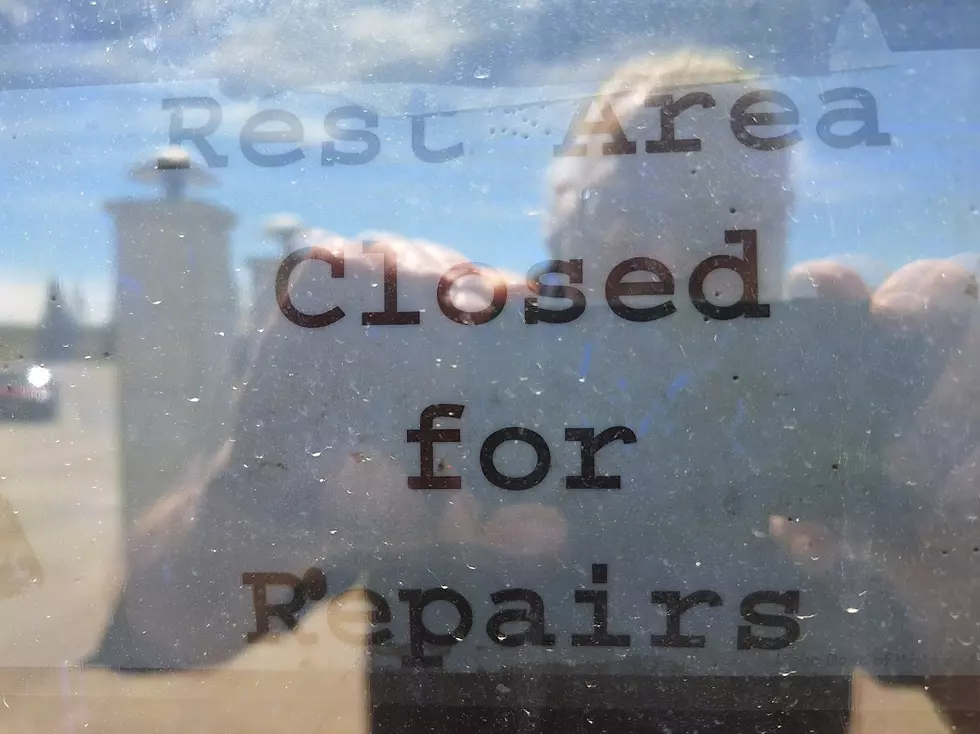
Proposed Idaho Powerline Could Help US Cybersecurity Efforts
BOISE, Idaho (AP) — Federal officials are taking public comments on a plan to build a 16.5-mile (27-kilometer) powerline at an eastern Idaho nuclear site as part of a cybersecurity effort to bolster protections for the nation's electric grid.
The U.S. Department of Energy announced Tuesday it's taking comments through June 21 on the plan to build the powerline at the 890-square-mile (2,300-square-kilometer) federal site that includes the Idaho National Laboratory.
"This enables more extensive electrical grid testing than the current system will accommodate," said Tim Jackson, a spokesman with the Energy Department's Idaho operations office.
The draft environmental assessment for "expanding capabilities at the Power Grid Test Bed at Idaho National Laboratory" analyzes building the 138-kilovolt powerline.
The Idaho National Laboratory, known mainly for its nuclear research work, also contains one of the United States' primary cybersecurity facilities that uses the existing power grid at the site for experiments. The experiments are intended to make electric grids around the U.S. more secure from potential hackers, physical attacks or electromagnetic pulses from solar flares from the sun.
"If you really want to see the impacts and assess the impacts out in the field, it's really an advantage to have a full-scale grid where we can run a piece of equipment all the way to failure," said Ethan Huffman, a spokesman for Battelle Energy Alliance, the Department of Energy contractor that manages the Idaho National Laboratory.
Because the Idaho National Laboratory is a nuclear site, it has two systems supplying power. When tests are conducted, a portion of the nuclear site is temporarily reduced to having only one source of power.
Huffman said increasing requests for electric grid testing coming from federal agencies, public utilities and private energy providers have caused logistic problems, leading to the need for a transmission line reserved only for testing.
If the new line is built, it would be used to supply energy to facilities at the site. The existing line would continue to be used for testing. The new line, costing about $18 million, would run parallel to the existing line.
Specifically, the new line would run from the lab's Central Facilities Area to the Materials and Fuels Complex, where nuclear materials are handled.
Officials say work on the powerline could start this summer if there aren't any problems with the draft environmental assessment.
On a related front, two Idaho National Laboratory facilities involving cybersecurity that will likely take part in electric grid testing are currently being built in Idaho Falls.
A new 80,000-square-foot (7,400-square-meter) building called the Cybercore Integration Center will hold 20 laboratories and 200 workers. Another 67,000-square-foot (6,200-square-meter) building called the Collaborative Computing Center will house one of the nation's most powerful supercomputers. They are expected to be finished in October at a cost of about $85 million.





